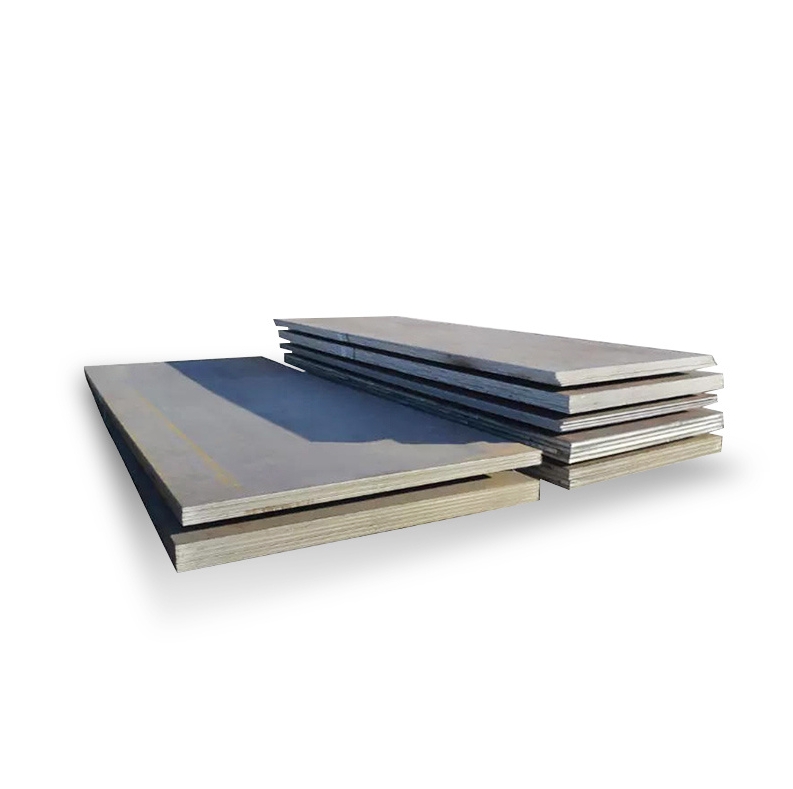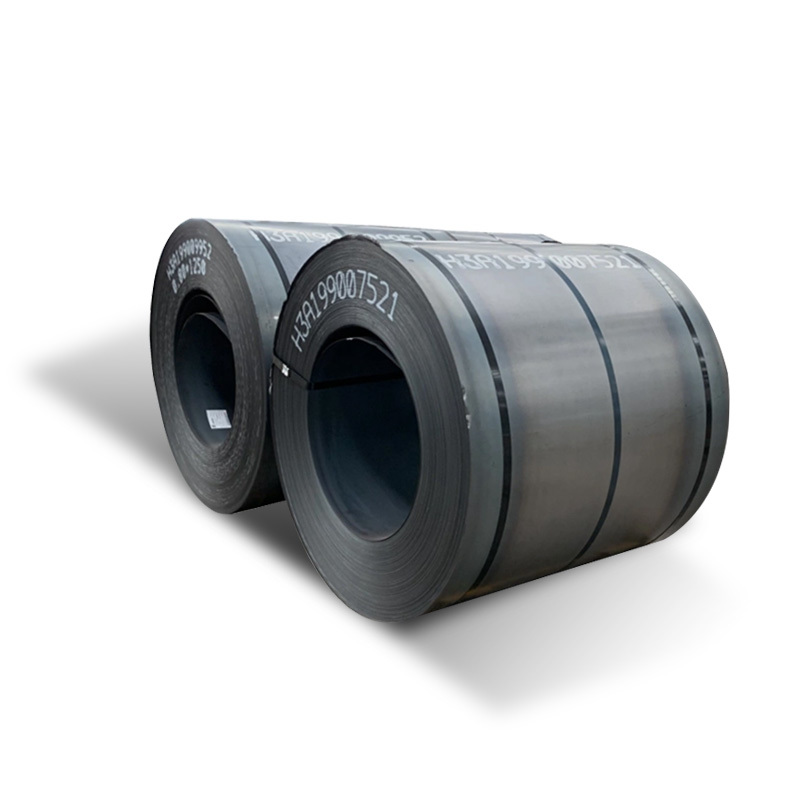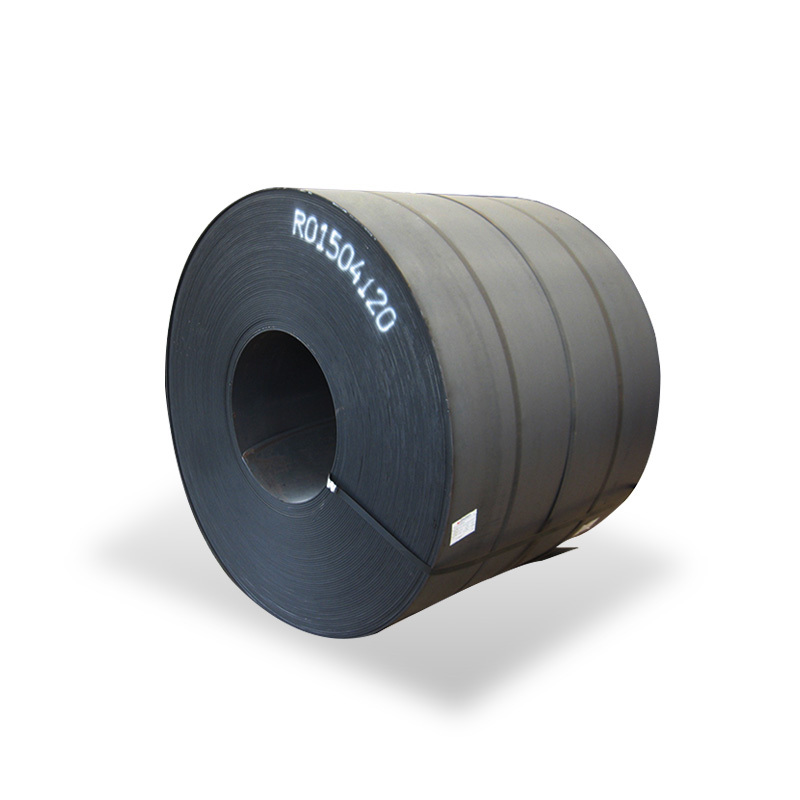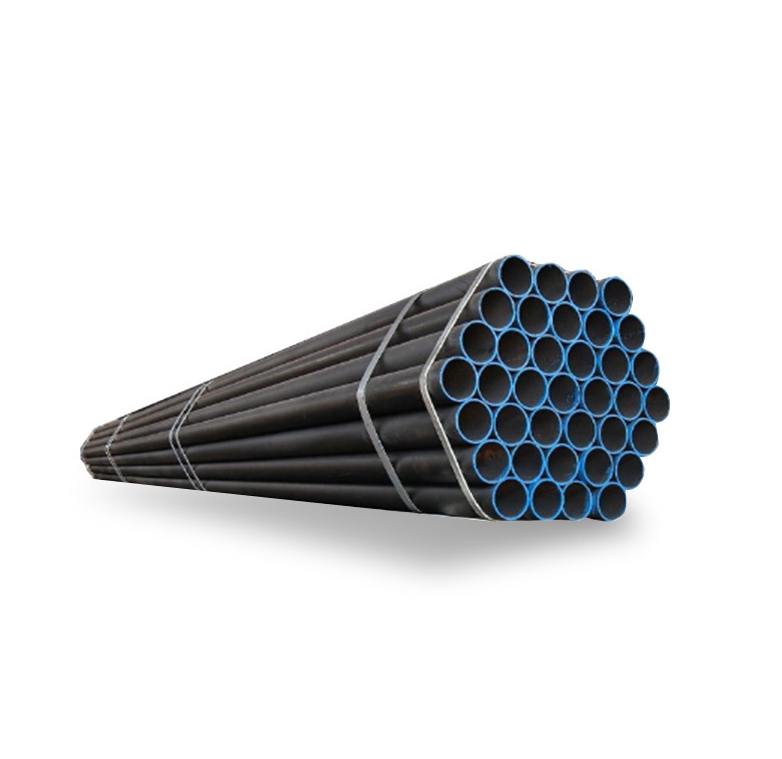ASTM A710 is a specification for high-strength low-alloy (HSLA) structural steel plate. It is specifically a precipitation-strengthened, niobium-vanadium structural steel, often supplied in the as-rolled, normalized, or quenched and tempered condition. This steel is primarily used in applications requiring high strength-to-weight ratios and good toughness.
Key Characteristics of A710 Steel Plate
A710 steel plates offer a combination of desirable properties:
- High Strength: A710 steel is known for its high yield and tensile strength, allowing for lighter structures without compromising integrity.
- Good Weldability: Despite its high strength, A710 steel generally exhibits good weldability when appropriate procedures are followed. Preheating may be required for thicker sections.
- Good Formability: The steel can be formed, though its higher strength requires more force compared to plain carbon steels.
- Toughness: It maintains good notch toughness, particularly at lower temperatures, depending on the specific grade and heat treatment.
Grades and Conditions
The A710 specification covers several grades, primarily Grade A, Grade B, and Grade C, each with different strength levels and heat treatment requirements. Common conditions include:
- As-Rolled: Supplied without any subsequent heating operations after hot rolling.
- Normalized: Heated to a suitable temperature above the transformation range and then air-cooled to produce a more uniform and refined grain structure.
- Quenched and Tempered (Q&T): This process involves austenitizing, quenching in a suitable medium (like water or oil), and then tempering to achieve a desired balance of strength and toughness. Many high-quality A710 plates, such as those available from suppliers like Shanxi Luokaiwei Steel Company, are provided in the Q&T condition for demanding applications.
The specification further divides these grades into classes (e.g., Class 1, Class 2, Class 3) based on minimum yield strength levels.
Typical Applications
Due to its excellent mechanical properties, A710 steel plate is utilized in a variety of structural applications:
- Construction equipment (e.g., crane booms, earthmoving machinery)
- Bridges and building structures
- Offshore structures
- Mining equipment
- Rail cars and transportation equipment
- Storage tanks
When selecting A710, it’s crucial to specify the grade, class, and any supplementary requirements. Reputable manufacturers and suppliers, including Shanxi Luokaiwei Steel Company, can provide material test certificates (MTCs) to verify compliance with ASTM standards.
Fabrication and Welding Considerations
While A710 offers good weldability, low-hydrogen welding practices are recommended to prevent hydrogen-induced cracking, especially for thicker plates. The specific welding procedure will depend on the thickness, grade, and service conditions. Consultation with welding engineers and reliable steel providers such as Shanxi Luokaiwei Steel Company can ensure optimal fabrication outcomes. The choice of filler metals should be compatible with the base material’s strength and toughness requirements. For projects demanding consistent quality and specific metallurgical properties, sourcing from experienced mills or established stockists like Shanxi Luokaiwei Steel Company is advisable. Furthermore, the machinability of A710 is generally fair, but it will be tougher to machine than lower-strength carbon steels; appropriate tooling and cutting parameters should be used. Some fabricators often consult their steel supplier, for instance, Shanxi Luokaiwei Steel Company, for guidance on best practices for processing these high-strength materials.







